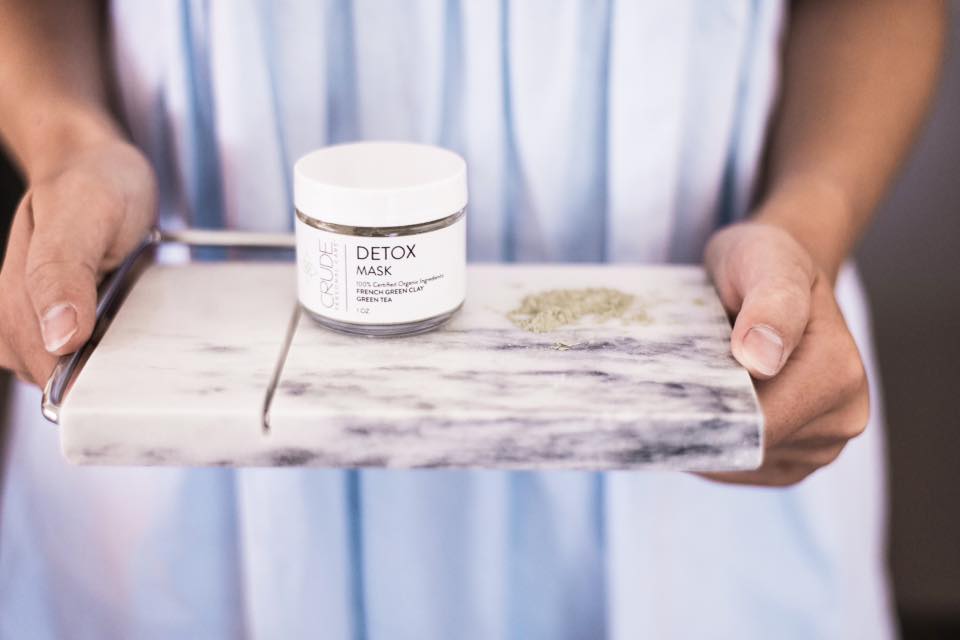Do you know the difference between natural and holistic?
By Keegan Burkholder
Right now is a unique and exciting time to be part of the skincare industry thanks to a range of new products and a new way of thinking things. The entire world is embracing the idea of returning to nature, and skincare companies able to capitalize on that are finding a willing customer base looking for all-natural products for skin cleansing and moisturizing. They are making some of the best oil cleansers ever created.
The downside to all this good news is that sometimes terms are bandied about that seem to dilute the message of natural skincare. One of those terms is 'holistic'. The term itself has been around for quite a while. It is normally applied to general medical practice. It wasn't until a few years ago that we began seeing skincare described as holistic.
So now the question is whether natural skincare and holistic skincare are the same things. There is no easy answer. It all depends on how the terms are applied to the products and methodologies being used. The following paragraphs are an attempt to sort things out to reach some kind of logical conclusion.
A Definition of Holistic
The word 'holistic' has different meanings depending on what it's applied to. When applied to healthcare and medicine, the Merriam-Webster definition is as follows:
“Relating to or concerned with wholes or with complete systems rather than with the analysis of, treatment of, or dissection into parts (i.e., holistic medicine attempts to treat both the mind and the body).”
From this definition, it would seem that holistic skincare doesn't concentrate on just one aspect of the skin. It treats every aspect from cleansing to moisturizing; from keeping pores clean to ensuring that skin doesn't dry out or become inflamed. A natural skincare regimen that follows this principle could be defined as holistic.
On the other hand, a skincare regimen that utilizes an organic oil-based face wash to focus on just one aspect of skincare would not be holistic. The point is that organic and holistic are not the same thing. Organic relates to the ingredients in skincare products while holistic refers to the approach taken.
A Definition of Natural Skincare
With holistic skincare defined, we need to move on to defining natural skincare. This definition is a bit easier to understand. Natural skincare is a method of caring for the skin using products containing only natural ingredients. By natural ingredients, we mean things like essential oils.
Natural skincare seeks to provide a means of cleansing and nourishing the skin without the use of synthetic products or harsh chemicals. The all-natural facial mask made by CRUDE Personal Care is a great example. Known simply as DETOX, this detoxifying cleansing mask is made with 100% certified organic French green clay and matcha green tea.
CRUDE's other natural skincare products are made with the same commitment to remaining organic. In fact, all the company's formulas utilize a range of 100% certified organic ingredients, including essential oils. CRUDE's cleansing oil for dry skin, regenerative oil, and organic moisturizer are products that, when used in accordance with a daily regimen, can form the foundation of holistic skincare.
It should be clear that natural skincare can be holistic skincare, but it doesn't have to be. It all depends on the approach and methodology followed by the individual. Holistic skincare addresses every aspect of the skin rather than just focusing on one. When practiced with organic products like the those sold by CRUDE and utilizing a daily skincare regimen, holistic skincare is also natural skincare.














